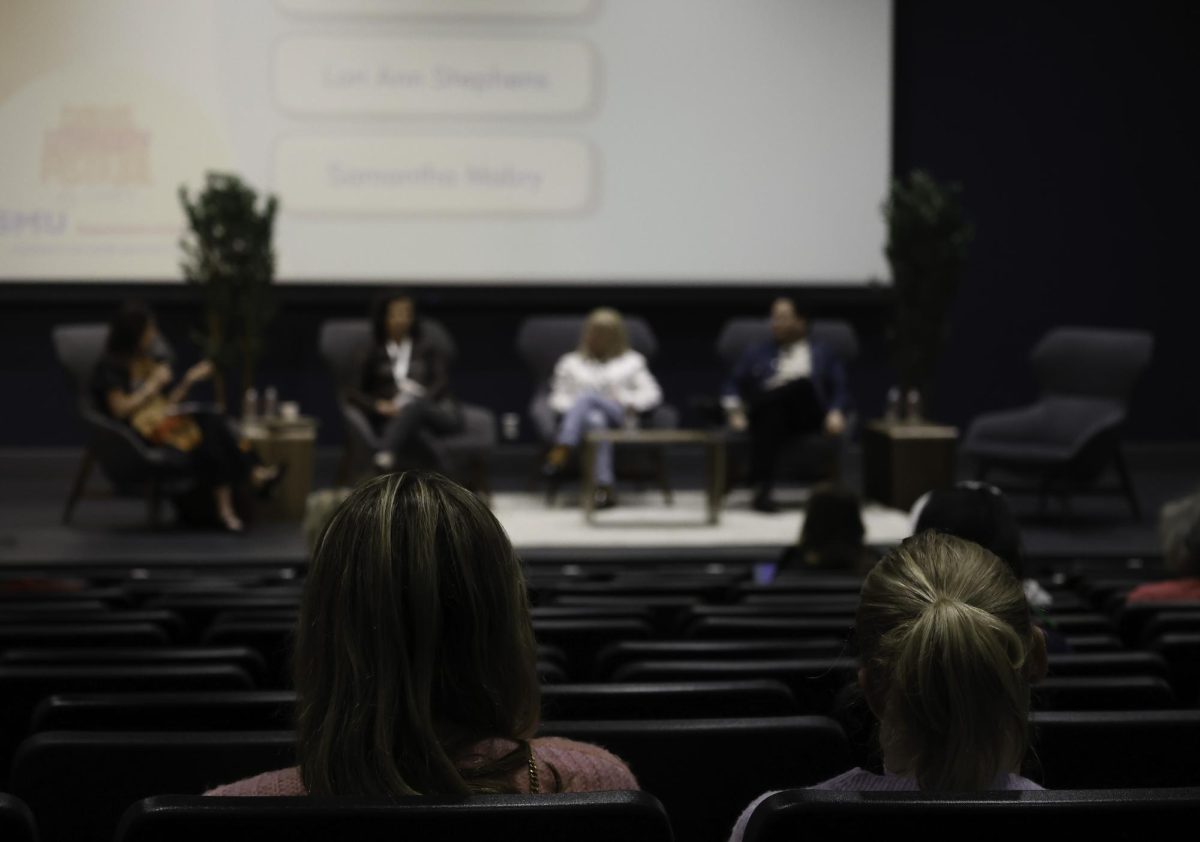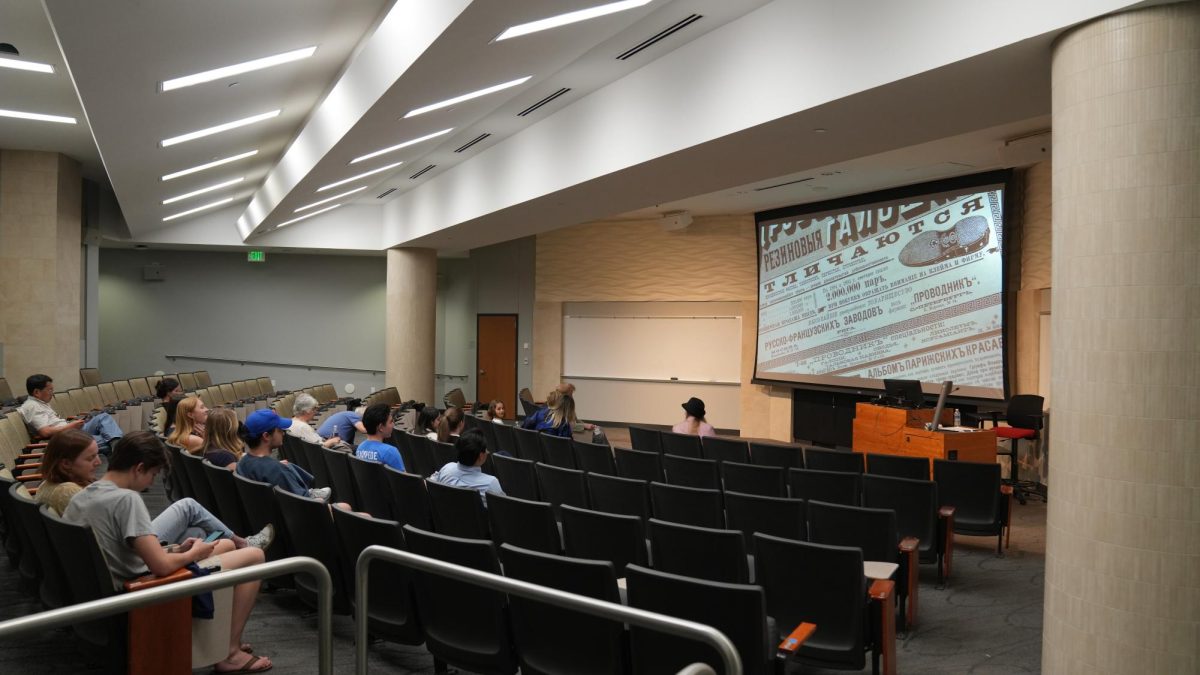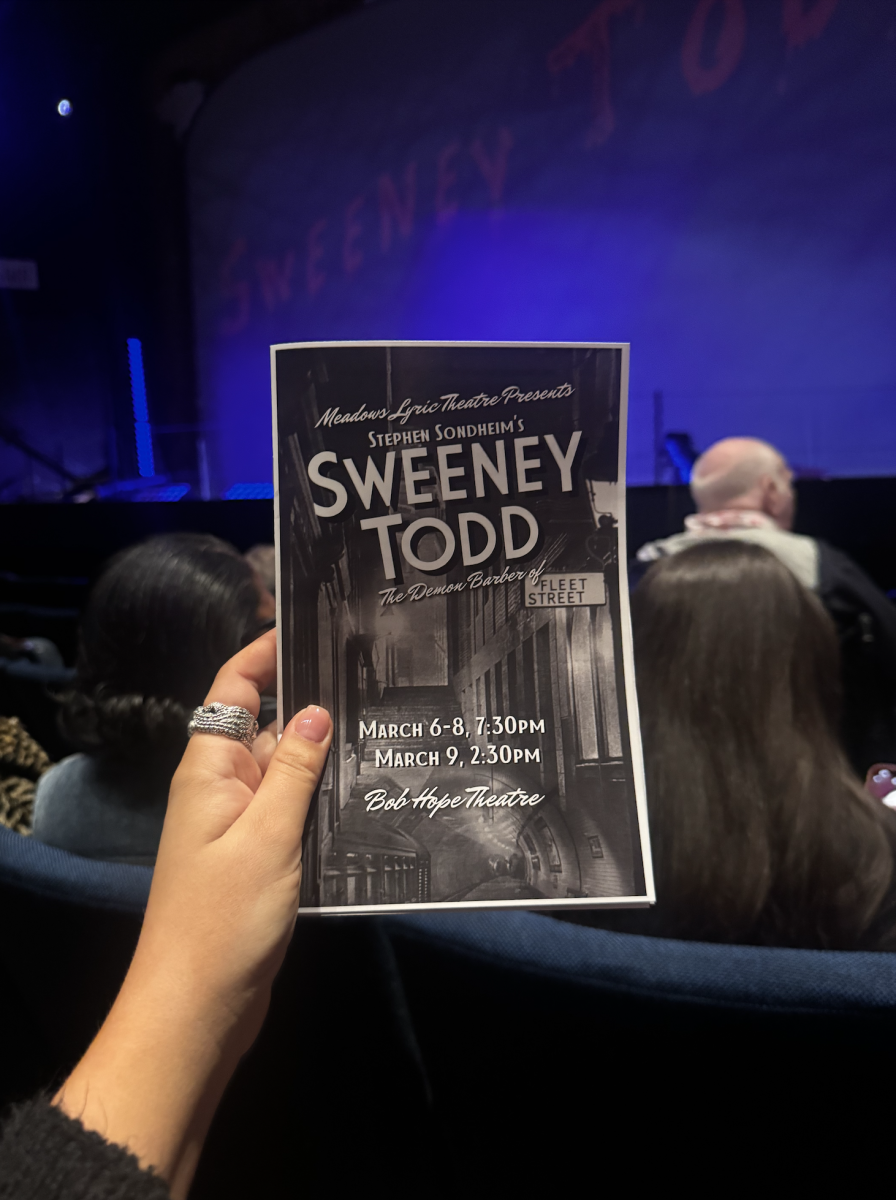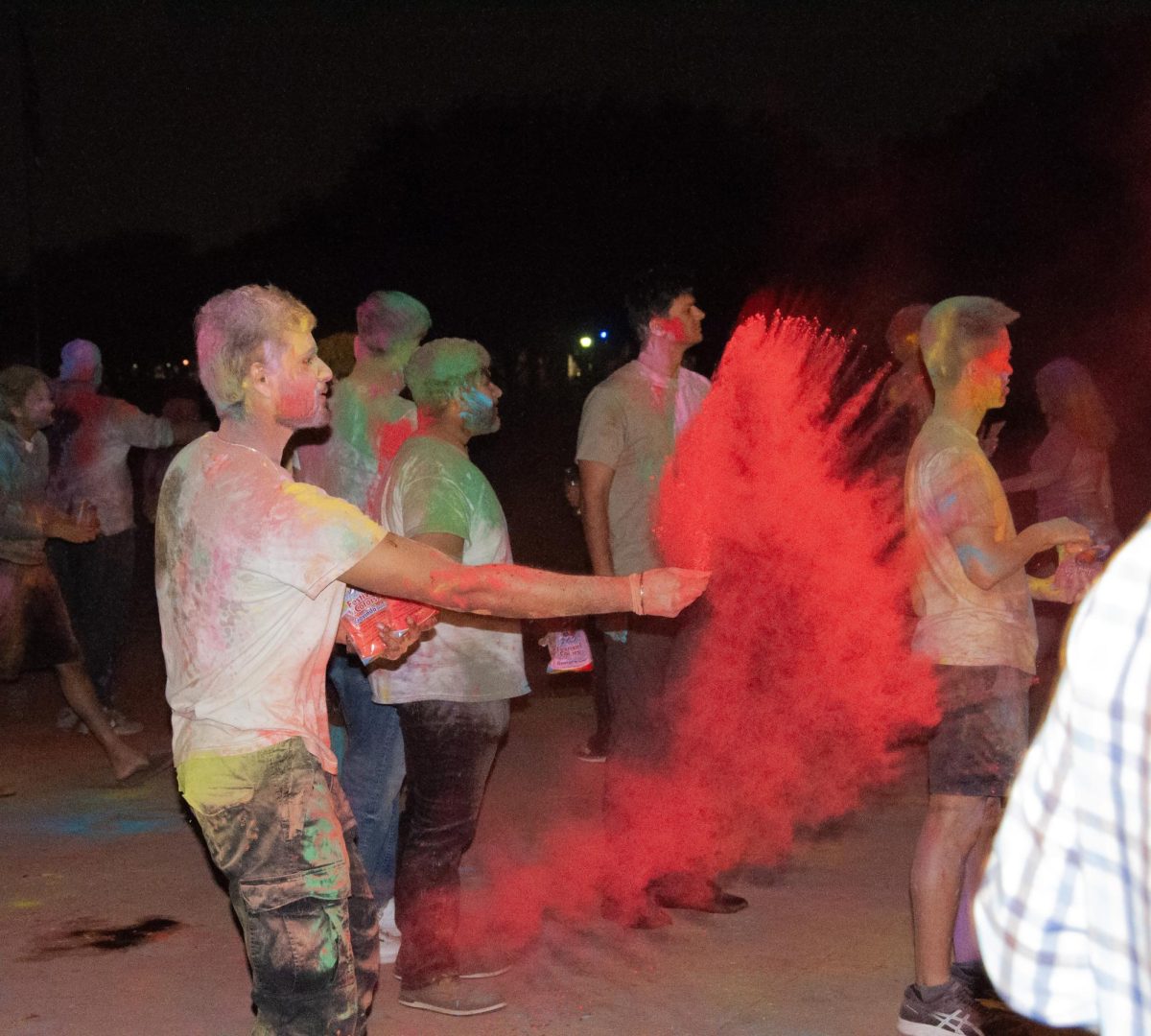Rape is not a pretty word.
When talking about rape, we try to use euphemisms to make the conversation more comfortable. But we shouldn’t avoid the word rape because doing so is nearly the same as not acknowledging the act altogether.
Monika Kørra’s poignant, deep-felt autobiography, “Kill the Silence” is more than a book about rape; it is, most importantly, a story of recovery, resilience and redemption.
A native of Loten, Norway, Kørra traveled to Southern Methodist University on a full-ride scholarship where she joined the cross-country team. Here she befriended other talented athletes such as Kristine and Viktoria, and fell in love with a Swedish tennis player named Robin and later a businessman named Nick. An academic Honor Roll student and Olympic hopeful, Kørra was embraced by a milieu of friends, family and love in a city and university she proudly called home.
Dec. 5, 2009 may have been any other day for most people, but to Kørra, that date will take hold in her mind and linger there for the rest of her life. On that date, Kørra was kidnapped by three men, duct-taped and brutally raped, and thrown to the streets.
After being released and running two miles to safety, Kørra resolved that she would not let the assault define her life. Instead, she was going to become the hero of her own story, but even heroes need help.
With the support of her friends Kristine and Viktoria, her track coach Dave Wollman, her parents, sister, and lawyers Erin and Brandon, Kørra fought through adversity and found peace.
SMU’s Take Back the Night also helped Kørra accept what had happened and reminded her how lucky she is to be alive.
“Kill the Silence” is an empowering journey from trauma and stress to survival and taking up arms against the stigma of shame and regret that surrounds many other survivors. Kørra writes a graphic, valiant disclosure of her fight against pain. A compelling read, Kørra’s moving memoir passes a baton to others in hopes that they also become emboldened to stand up and speak out against their assailants.
According to the U.S. Bureau of Justice Statistics, survivors of sexual assault are four times more likely to contemplate suicide, six times more likely to suffer from PTSD, and 13 and 26 times more likely to abuse alcohol and drugs respectively. Nationally, 60 percent of rapes go unreported and 97 percent of rapists never spend a day in jail.
Normally spoilers are discouraged, but in this case they must be shared. Dallas police apprehended the three rapists – which Kørra labeled “Worst One,” “Boss” and “Weak One.” The first two were sentenced to life in prison and the third sentenced to a quarter of a century.
While all three spend their adulthood in jail, Kørra now spends her time helping other survivors heal. She has spoken at many conferences concerning crimes against women. She is a certified advocate of rape victims with the Dallas Area Rape Crisis Center’s volunteer training program. Also her nonprofit organization, the Monika Kørra Foundation, helps raise awareness to the facts and reality of sexual assault as well as provide services and a safe haven for victims.
If you’ve been sexually assaulted or raped, you might find yourself asking myriad questions, most of which you may never get the answer to. And while you can’t change what happened to you, you can decide what to do next. Don’t give up. Don’t let your attackers take your future from you. Don’t call yourself a victim because there are so many other things you can be – a person, a fighter, a survivor.
Adversity makes one stronger and that’s the message Monika Kørra hopes to spread through “Kill the Silence.”
Kørra will be at a book signing at the Barnes & Noble located on the SMU campus at 2 p.m. Saturday, Sept. 12.









